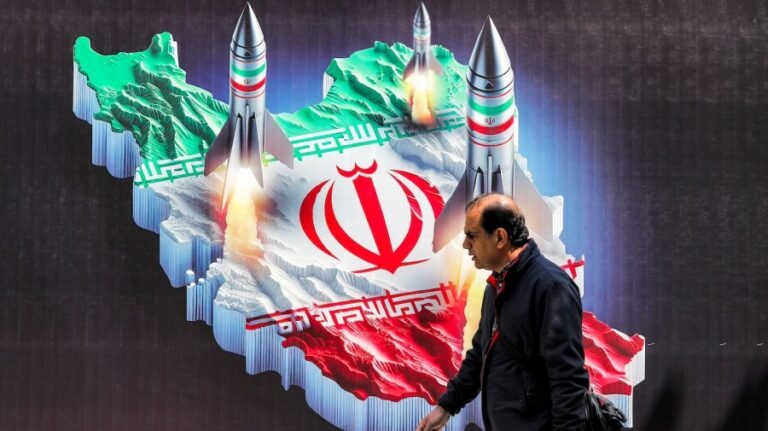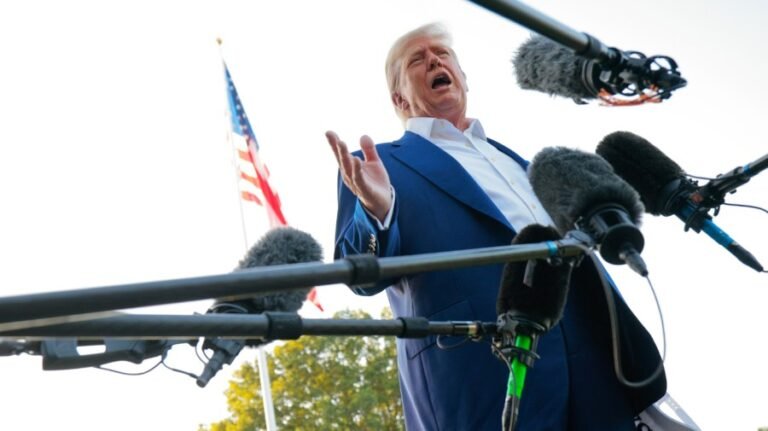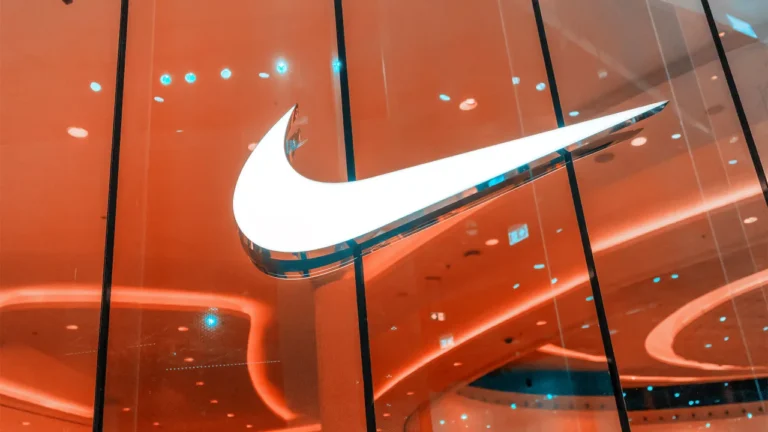
In recent years, the Mexican government has done everything possible to change the narrative and demonstrate that America’s main trading partner is also its main ally on immigration and the fight against illegal drug-trafficking. Despite these efforts, the country’s recent judicial elections sent the wrong message, turning Joaquín “El Chapo” Guzmán’s iconic lawyer, Silvia Delgado García, into the new poster child for Mexico’s judicial system.
In February, President Claudia Sheinbaum’s administration handed over to the U.S. Rafael Caro Quintero, a drug lord linked to the 1985 murder of DEA agent Enrique “Kiki” Camarena. It was no small feat. Former Presidents Ronald Reagan, George Bush (father and son), Bill Clinton, Barack Obama and Joe Biden all tried to convince Mexico to help them capture the person responsible for this crime. President Trump finally won this peace offering alongside the extradition of 28 heavyweight drug lords.
Mexico also sent 10,000 troops to the border with the U.S., with thousands spent on deploying military forces, transportation and other expenses for the sole purpose of telling America not to worry, we’ll take care of the border. Mexico not only assumed border migration issues as a shared responsibility, but also agreed to receive expelled migrants from other countries.
Mexico has also made significant drug seizures to show the U.S. that there is no reason to impose new trade tariffs as a punishment. Earlier this month, 42 metric tons of methamphetamines and 2,300 gallons of chemical precursors were seized by Mexican authorities.
In short, Mexico has abruptly shifted from denying the very existence of fentanyl production to making the largest fentanyl seizure in its history.
The Mexican government, despite its usual anti-American rhetoric on security issues, has not objected to the deployment of at least three destroyers in seas near its territory, including the USS Spruance, the USS Gravely and, most recently, the USS Charleston.
But these security cooperation efforts have been weakened with Mexico’s recent judicial elections.
Mexico has not only pulverized the stability of its own legal system, but the ruling party took complete control of all judicial bodies and opened the door to controversial figures linked to drug-trafficking organizations.
The judicial reforms and the recent election of judges, with only 13 percent popular participation, are already having a detrimental impact on Mexico’s investment climate. Legal security was not just weakened but shattered. This not only affects investments from the U.S. but from all countries and even domestic Mexican investments.
Mexico has chosen party loyalty over professional quality, family DNA over prestigious credentials, and popularity and charisma over character and skills. Such decisions bring Mexico closer to a failed state than to a mature democracy, turning it into a risky partner, not a reliable friend.
Even though Mexico and the U.S. have tried to manage their differences in a diplomatic manner, it is clear that the illegitimate election of judges, which has transformed El Chapo’s lawyer into a judicial authority, send the wrong message for investors, promotes a perception of criminal impunity and undermines trust and transparency.
Arturo McFields is an exiled journalist, former Nicaraguan ambassador to the Organization of American States, and a former member of the Norwegian Peace Corps. He is an alumnus of the National Defense University’s Security and Defense Seminar and the Harvard Leadership course.






